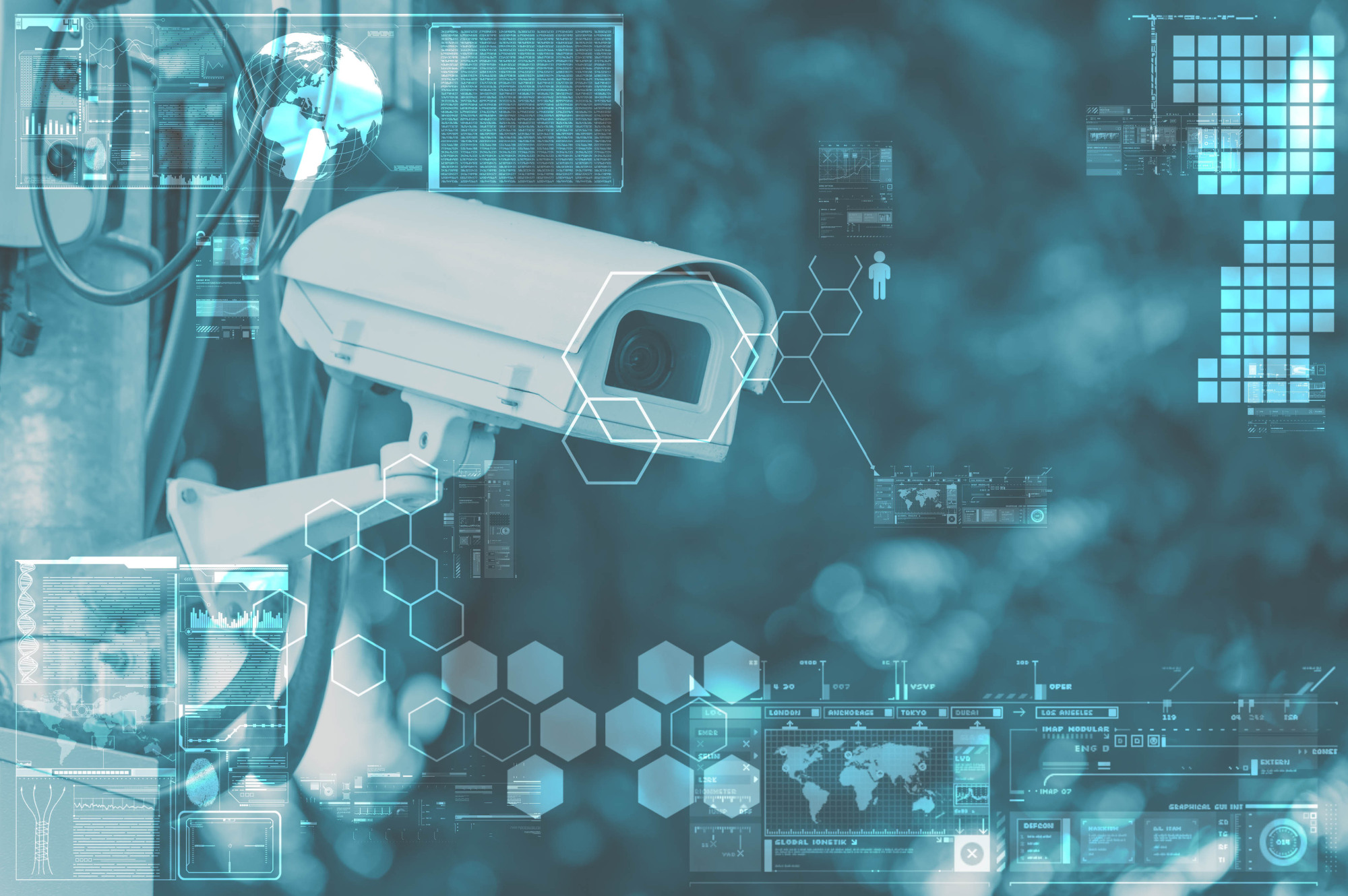Utopias and dystopias have this in common: surveillance. From Thomas More's "Utopia" (1516) to George Orwell's "1984" (1949), from Plato's "Republic" (c. 380 B.C.) to Yevgeny Zamyatin's "We" (1921), the view prevails that people behave better under scrutiny. Why conceal good deeds? For no reason. Therefore the deeds we do conceal are evil. Therefore concealment is evil. Therefore surveillance is good. As Eric Schmidt remarked in 2009, when he was Google CEO, "If you have something that you don't want anyone to know, maybe you shouldn't be doing it in the first place." Neither More nor Plato, Utopians both, would have found that objectionable, though Orwell and Zamyatin certainly would have.
Schmidt's comment has been quoted so often, and provoked such outrage, that he probably wishes he'd kept it to himself. As an ethic, it's repugnant. As prophecy, it fares better. It seems where we're headed, if not where we are already. Japan is not the world's only "surveillance society," but security cameras already said to number in the millions are proliferating as the Tokyo Olympics loom, making it safest to assume that whoever you are, wherever you may be, whatever you're doing, you're being watched, by something if not somebody.
Not that it matters, if you're doing nothing wrong.


















With your current subscription plan you can comment on stories. However, before writing your first comment, please create a display name in the Profile section of your subscriber account page.